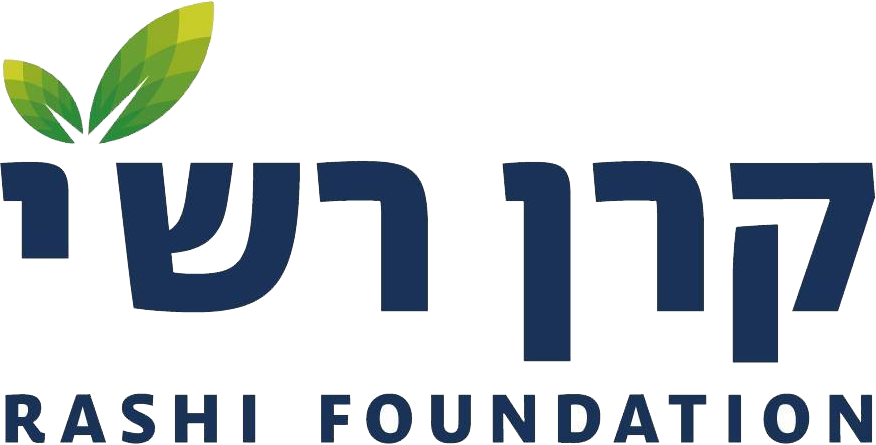By Rotem Azar Eliyahu, director of early childhood programs
The year 2022 will be remembered as a turning point in early childhood education in Israel. Passing the responsibility for daycare settings for children under the age of 3 to the Ministry of Education has created for the first time a birth-to-18 continuum in education.
The decision that set this process in motion means a change in the government’s role in providing this basic service. It’s a major milestone on the road to closing the inequality gaps, which start in infancy and grow larger in less beneficial environments.
By taking responsibility for daycare settings, the state also answers the wishes of a majority of the parents, who want public education for their children from birth, according to a Rashi Foundation survey in 2020.
We are proud to be part of a broad coalition of civil society organizations, professionals, parents and legislators who have been working for years in this field, and whose efforts were crucial in bringing us to this point.
The next challenges
Still, implementing this change is not going to be easy.
One major challenge is the need to bring into the fold private daycare centers that have been operating for decades with no supervision at all, and even today only some of them fall under the daycare supervision law of 2018.
Another challenge is the crisis with regard to childcare staff. Although high quality education and care in early childhood is essential for optimal development, there are too few educators-caregivers with proper qualifications, and their salaries are far too low.
Correcting this situation is an essential part of the reform. To do so, the Ministry of Education has adopted part of the recommendations for early childhood investment of the 121 Engine for Social Change and the guidelines for developmentally appropriate education and care of Bar Ilan University and JDC-Ashalim.
The Ministry is also planning to strengthen the daycare supervision system, to build more daycare centers and to design a process for improving the staff/child ratio in daycare.
But focusing only on the educational-organizational aspects is not enough. What we need is a holistic solution that addresses all the child’s needs, particularly in the fields of welfare and health, while supporting the family and the community.
To make every door the right door
Realizing the sheer scope of the task, the Ministry of Education regards the local authorities as key partners in its implementation. For this purpose, the Ministry will create a position of municipal manager of education under 3, besides the manager of preschool education (3-6). One of these figures will act as municipal director of early childhood, with overall responsibility for children from birth to 6 in the fields of education, health and welfare, both within the family and in community frameworks.
The idea is not to bring the welfare services or the family health centers (‘Tipat Halav’) under the education department, but to coordinate and synchronize all the early childhood services. This approach is based on the inter-ministerial model of early childhood centers, where the Ministry of Education is in charge of management and supervision while each ministry has professional authority for the services in its field.
Aiming to ensure that ‘every door is the right door’ for children and their parents, we developed a community-based integrative model for early childhood in partnership with JDC-Ashalim and the Welfare Ministry. The tools and practices that were designed through this initiative can serve municipalities in applying a comprehensive, system-wide approach.
Looking back, looking ahead
After two decades of work, we see the significant progress that was made – in social services (for example, parent-child home programs or multi-purpose daycare) and in healthcare (more therapists and development of online treatment methods) – and look ahead with hope.
We have now reached a turning point, but the road is still long. It will take not only time but also an investment of big resources to give every child what he or she deserves: an environment for optimal development, including high-quality education and care from birth.
The change is already here; together we can drive it forward.
photo credit: Yossi Zamir, Shatil Stock












